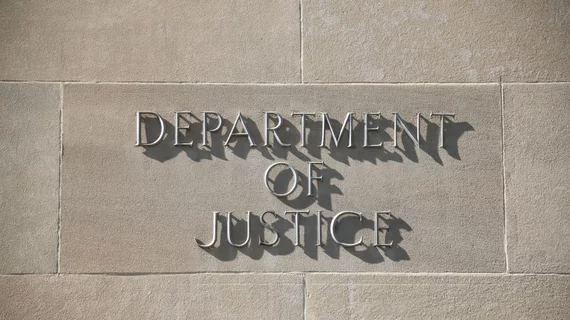Teva settles with DOJ for $450M to resolve latest price fixing allegations
Generic drug manufacturer Teva Pharmaceuticals has settled two sets of allegations brought by the Department of Justice (DOJ) that it conspired to fix prices through an illegal kickback scheme. The company has agreed to pay a $450 million fine to resolve the related cases.
Teva allegedly leveraged charities that help Medicare patients pay out-of-pocket costs for prescriptions, paying those groups more than $350 million from 2006 to 2017 to cover co-payments for its multiple sclerosis drug Copaxone, the DOJ said in a statement.
Prosecutors argued doing so is a violation of Anti-Kickback Statute and the False Claims Act, because the charitable donations allowed Teva to effectively control the price of Copaxone.
“Kickbacks designed to induce referrals or purchases of healthcare goods or services distort physician and patient decision-making, thwart competition and bypass controls put in place to protect federal healthcare programs,” Principal Deputy Assistant Attorney General Brian M. Boynton, head of the Justice Department’s Civil Division, said in the statement. “The Justice Department is committed to pursuing those who engage in kickback violations, including drug manufacturers, to ensure that federal health care programs continue to serve the interests of taxpayers and program beneficiaries.”
The two cases were settled for $25 million and $425 million, and are expected to be paid out in installments over the next six years. As part of the agreement, Teva does not admit to wrongdoing. Authorities were able to uncover the kickback scheme by reviewing Teva’s financial disclosures. The $425 million settlement is the largest in history related to co-pay assistance, the DOJ said.
The two charities were not named in either statement. However, Reuters reported they were the Chronic Disease Fund and The Assistance Fund, neither of which was charged by the DOJ.
Recurring allegations of price fixing
The cases were first brought forward in 2020 as part of a larger probe into drug company finances. To date, the DOJ’s charges have resulted in more than $1 billion in fines being levied against 12 companies. Some allegations stemming from those investigations have yet to be resolved.
This isn’t Teva’s first time being in trouble with the DOJ. Last year, the company agreed to a $225 million settlement to resolve allegations of price fixing related to its cholesterol drug pravastatin.
Teva is the largest generic drug manufacturer in the world. Last year, the company took in $15.8 billion in revenue globally.

